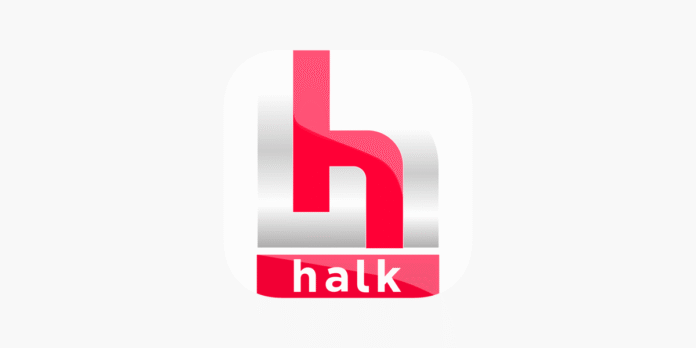Turkey’s broadcasting watchdog will impose simultaneous 10-day broadcast blackouts on opposition-aligned Halk TV and Sözcü TV starting July 8, following separate rulings that penalize both outlets over their coverage of mass protests after the arrest of İstanbul Mayor Ekrem İmamoğlu, Turkish Minute reported.
The Radio and Television Supreme Council (RTÜK) had previously issued blackout decisions for both channels, citing violations related to “inciting hatred and hostility” through live coverage and commentary on demonstrations in major cities. While Halk TV’s penalty was confirmed on June 26 and formally notified days later, Sözcü TV had initially obtained a stay from an administrative court in Ankara.
That stay was lifted this week by the Ankara 7th Administrative Court, allowing RTÜK to move forward with the blackout order against Sözcü TV. As a result, both networks are now set to go off air at midnight on July 8 for 10 days, with their screens limited to a black display showing RTÜK’s sanction notice.
Though the two penalties are legally distinct, their simultaneous enforcement has prompted accusations of coordinated suppression. Critics say the timing is not coincidental and reflects an effort to silence multiple critical broadcasters at once.
Halk TV’s management announced plans to challenge the decision in court, describing it as a serious blow to press freedom. According to RTÜK’s ruling, if either channel receives another penalty for similar content within the next year, their broadcast licenses may be revoked entirely.
RTÜK board member İlhan Taşçı, who represents the opposition Republican People’s Party (CHP), said the latest decisions mark “one step before license cancellation” and warned of a broader campaign to intimidate independent media.
CHP leader Özgür Özel condemned the penalties in messages of support to both channels. “These coordinated attacks on independent media show a deliberate effort to silence the truth,” he said. “What is being punished here is not just Sözcü TV or Halk TV, but the truth itself.”
Özel accused the government of targeting press outlets amid falling public support. “They believe they can remain in power through pressure, not public service. This is a historic miscalculation,” he said.
RTÜK’s rulings come amid growing criticism that the council disproportionately targets opposition outlets while ignoring complaints against pro-government channels. The council had also issued fines and suspensions to Tele 1, Now TV and others for their coverage of the protests, while refusing to investigate allegations of bias and misinformation by state-run TRT Haber and A Haber.















